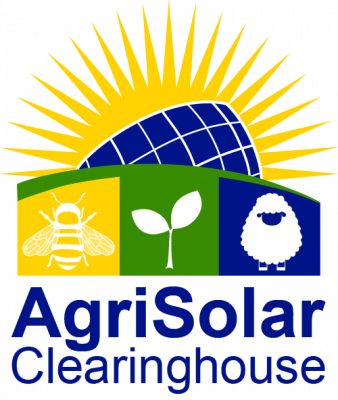Understanding the basis on which stakeholders judge and decide on such innovations is crucial to understanding perception and adoption, especially when the potential value of an innovation is not solely on an individual level but also on a societal level. Researchers combine two theoretical lenses, the innovation diffusion theory for an individual and the social acceptance perspective for a societal lens. Through 27 semi-structured stakeholder interviews, we explore perceptions of agrivoltaics by different stakeholder types in three countries (Germany, Belgium, and Denmark) and different agrivoltaics system designs (vertical, horizontal, and as replacement of cover installations).
Tag Archive for: dual-use
It should come as no surprise that farmers are busy people. Success in farming requires hard work and long days, not to mention staying up to speed on farming practices and technologies. As renewable energy deployment on farmland becomes more common, farmers can face challenges understanding how to site and maintain these systems.
Drew Shiavone of the University of Maryland is meeting farmers where they are by providing digestible information on farm-based solar photovoltaics (PV) via 10- to 15-minute YouTube clips. The “Solar Clips” video series shows practical, step-by-step tutorials on various phases of the solar installation and maintenance process, from site assessment and shading analysis to wiring panels and replacing diodes. The series was created by Shiavone under a Sustainable Agriculture Research and Education (SARE) grant that will expand solar installations on farms in Maryland.
The grant project, led by Shiavone, is focusing on “train-the-trainer” workshops that will allow Extension agents and other agriculture service providers in the region to deliver education and training to farmers on topics such as solar PV technology basics, on-farm applications, and solar contracts and leasing options.
Along with the common “not in my backyard” mentality or concerns for the local economy, aversion to renewable energy installations is also often rooted in a lack of knowledge about the technology. Educational tools such as the Solar Clips series can help close the knowledge gap for farmers and increase support for on-farm renewable energy development. By empowering the farmer through practical solutions, agricultural production and decarbonization efforts are strengthened.
